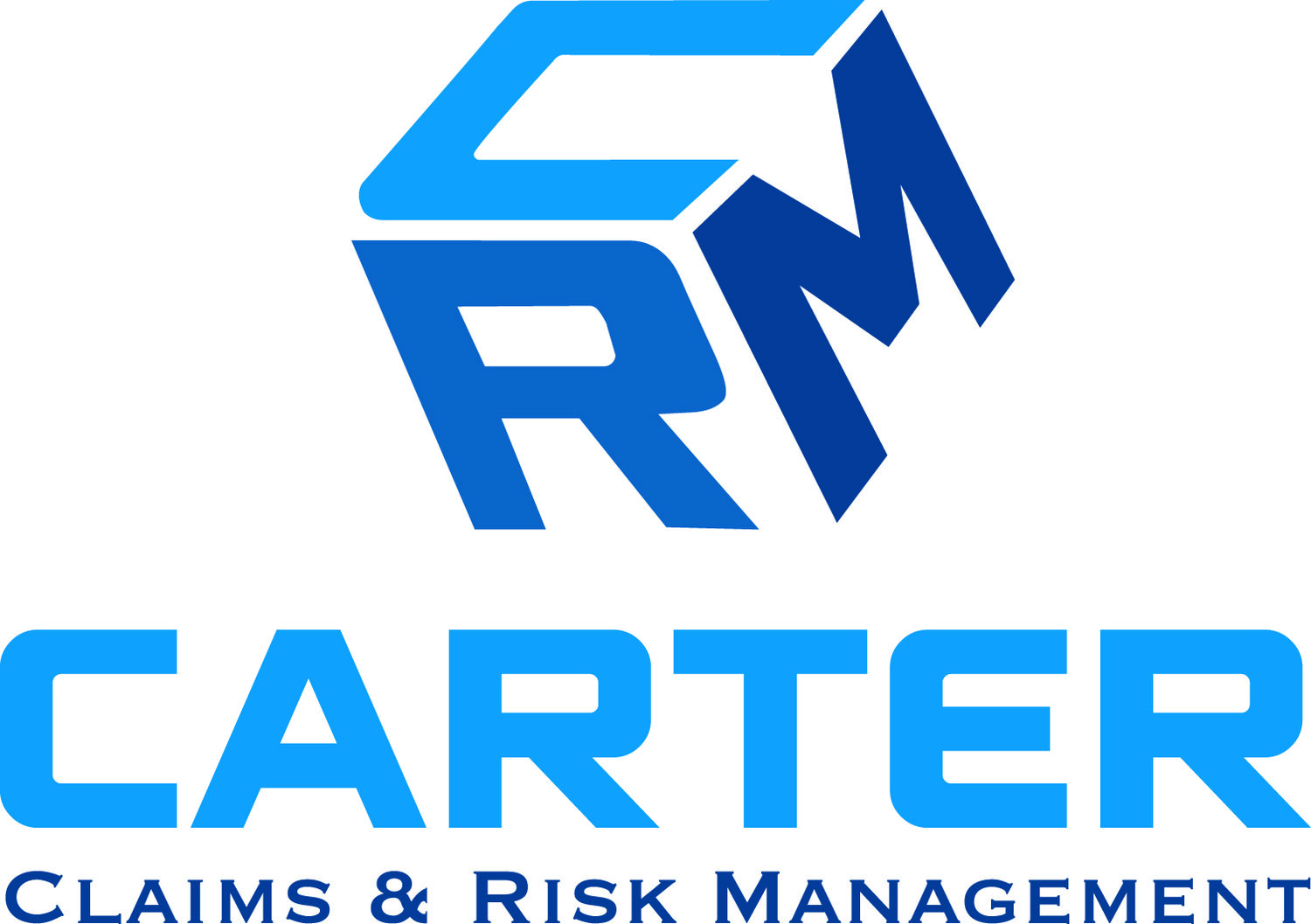For anyone in the Insurance Industry who have any involvement in claims their ears prick up once they hear the words " Red Flag".
we all know this is the term used when a claim has been identified as suspicious or needs to be looked at further.Or in any case there is some element of the claim that may be fraudulent.
In many cases it will transpire that there is an innocent reason for the claim receiving a score with Insurers that mark it down as a red flag claim.
How then should Insurers/Loss Adjusters deal with the matter once it has been identified as something requiring attention.
The most important thing is that they don`t jump the gun and confront claimants in a manner that gives the impression that they are being accused of any wrong doing.
The best approach is to he visit the claim again and see what exactly is bringing the claim to attention and decide quickly what is the best way to get answers to the questions that the claim is throwing up .
In matters such as these speed is essential and these matters cannot and should not be put on the long finger as this makes it more difficult to deal with the matter later and may jeopardise a proper investigation.
Once it has been established what is required to move matters forward in a professional manner then this is the course to go. It may be that a simple phone call to the claimant or his/her representative can allay any fears regarding the claim. If however it appears to be a more serious situation then it may require a visit or revisit to establish the facts of the matter.
In some cases it may be necessary to put specific questions to the claimant to clarify concerns of claims handlers and this should be done by an experienced member of staff in a sympathetic manner. We are still only in the investigative stage and we need to tread carefully.
A statement of fact may be required or the use of specialist skills such as SE3R (Forensic Solutions) which is a method of extracting information verbally from someone with regard to an incident which is simultaneously recorded on a Dictaphone. It gives a complete picture of events and dispenses with any allegations afterwards regarding what was and was not said.
Other evidence can be gathered by professional investigators but one should always be aware of what restrictions are imposed by the Data Commissioner and that any outside agency used to investigate are properly qualified and regulated to work in the Industry.
With all matters of concern properly investigated Insurers can then decide what action they wish to take if any.
Gerry Carter.

